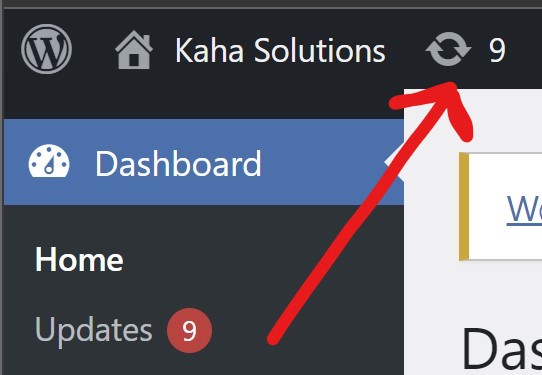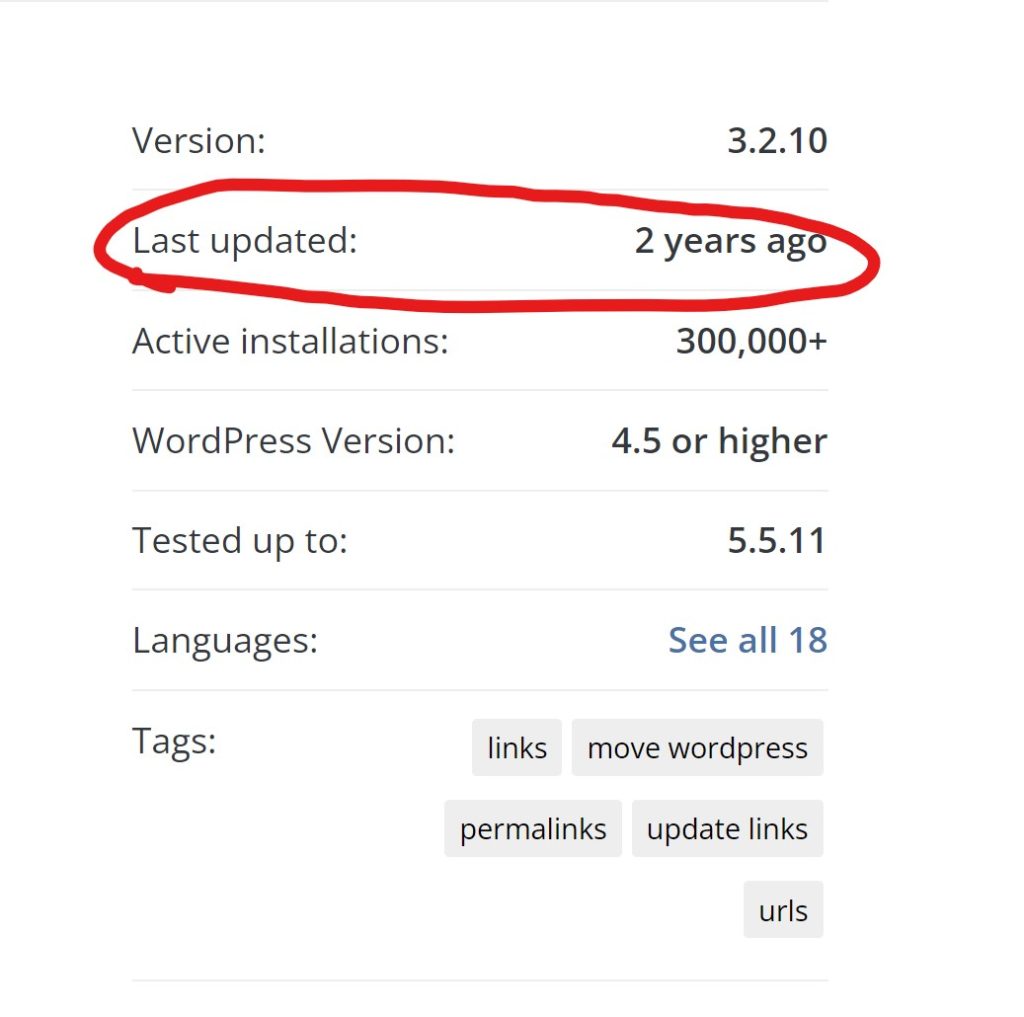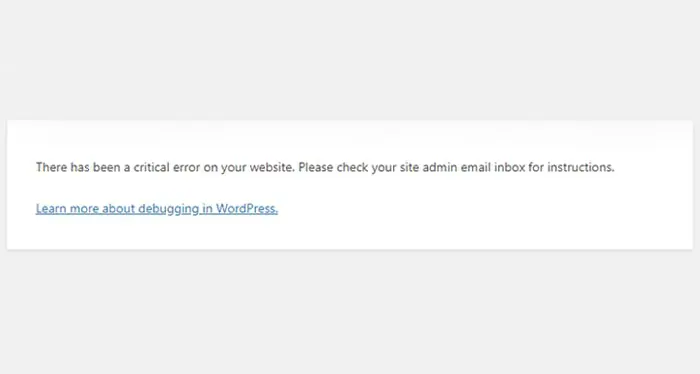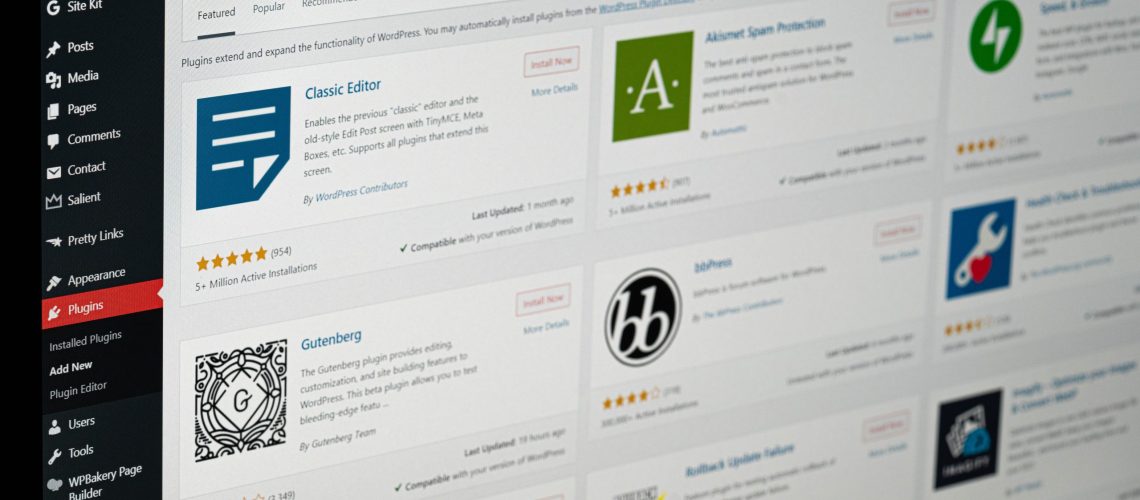You can use WordPress plugins to add extra features to your site, like contact forms, pop-ups, membership features, and much more. But did you know that your plugins need regular updates and can pose problems if this is not taken care of? If not, read on!
Keeping a WordPress website up-to-date is an ongoing task.
While there’s no hard rule about how often you should update your WordPress plugins, ideally it’s good to update them right away, especially when it’s a security patch – which means your site can be exposed to vulnerabilities if the affected plugin is not updated right away.

However, since some plugin authors release updates very frequently, this can be a tough ask. Chances are, there is some sort of update to perform every single day, especially if you have a lot of plugins on your site. So we recommend checking your website for plugin, theme, and WordPress core updates at least once per week.
You’ll know that you need to perform an update when you see this icon on your WordPress dashboard that looks like a refresh button with a number next to it. The number represents the amount of updates needed.
Why is it important to update your WordPress plugins?
Updates might add new features or enhancements that make your experience more enjoyable and productive. However, the number one reason it’s important to keep your plugins updated is to make sure that all of your content is safe from hackers trying to get access to it by exploiting vulnerabilities in older versions of a plugin’s codebase.
Sometimes hackers will discover a vulnerability within a plugin, and exploit that vulnerability to hack websites where it’s installed. Older plugins that haven’t been updated in a long time are also susceptible to this.

So it’s up to plugin authors to keep their plugins up-to-date to prevent such security breaches, and to release new versions of their plugins when breaches do happen. But it’s up to site owners to make sure that they are using the most up-to-date plugins to protect their sites. If you don’t stay up-to-date with these changes, there’s a chance that someone could exploit a vulnerability within an outdated plugin in order to gain access to your website, and do damage or steal data from you or your customers.
But wait a minute — updating your plugins can crash your site!
But there’s a caveat to this. I can’t exactly say that you should go right ahead and update all of the plugins that need updating as soon as the updates come out, because doing so can actually crash your site!
A new version of a plugin should be tested with your current version of WordPress to ensure that it doesn’t break your site. Also, the new version of the plugin might clash with another plugin you have installed on your site. So if you pull the trigger too early, you might end up crashing your site and facing a problem like the dreaded white screen of death.

There are a couple of ways to prevent this:
- Set up a staging site where you perform plugin updates before you perform them on your live site, in order to test out the effects.
- Use a solution like ManageWP which has a “Safe Update” feature that allows you to backtrack on an update if anything goes wrong.
- Hire an agency like us to take care of your WordPress site maintenance, and don’t worry about this at all!
Make sure you keep everything up-to-date.
WordPress is a powerful platform that offers a multitude of plugins tohelp your site reach its full potential. It’s important to keep these tools up-to-date so that they remain secure and don’t fall behind on new features or enhancements. If you choose not to keep up with updates, it could lead to major problems and headaches down the road such as hackers gaining access to your site.
If you don’t know how to update your plugins simply or don’t have the time to worry about it, reach out to us today to set up a maintenance plan for your WordPress site, starting at only $49 per month.

